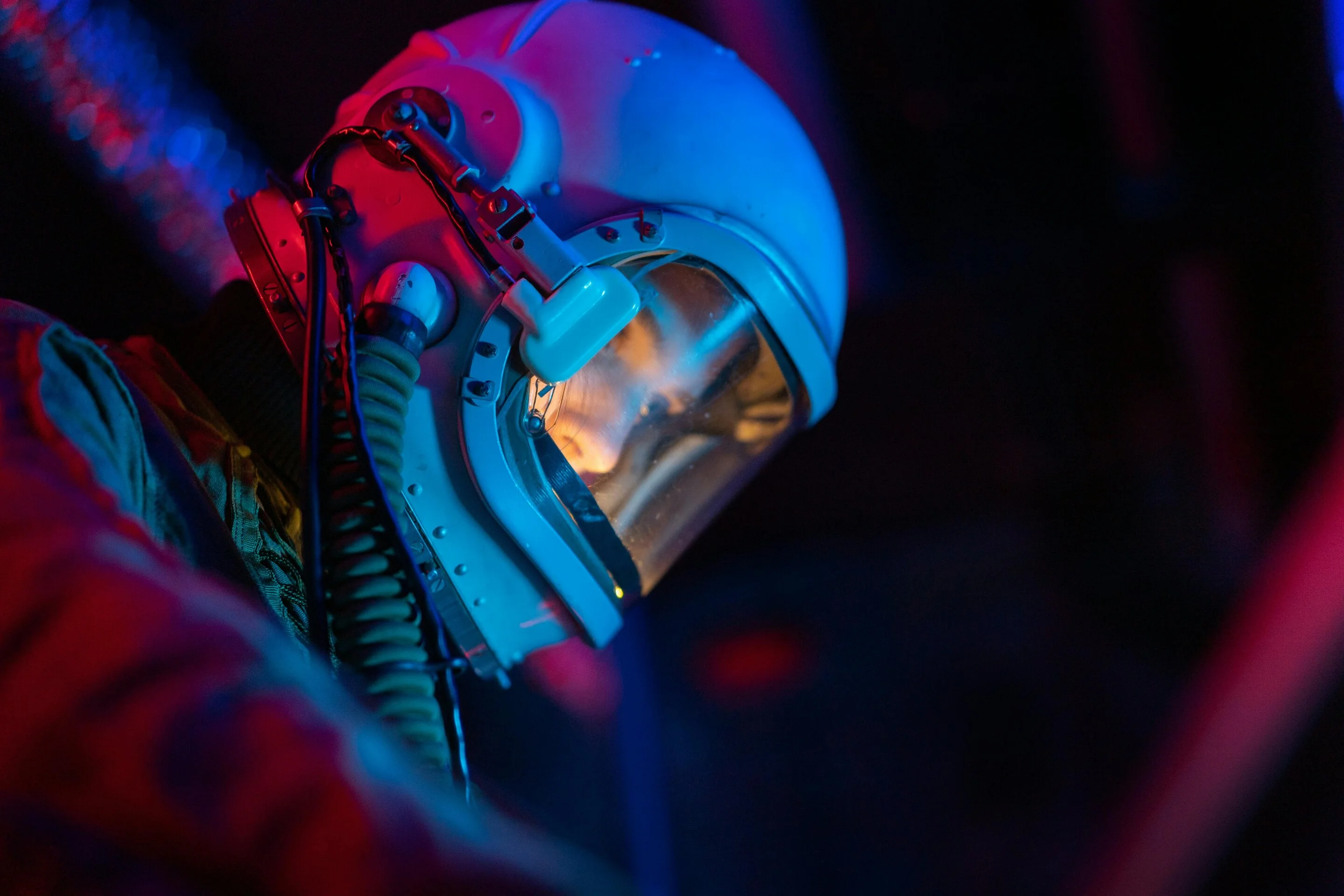The results indicated that both human and animal kidneys are ‘remodeled’ by the conditions in space, with specific kidney tubules responsible for fine tuning calcium and salt balance showing signs of shrinkage after less than a month in space. Researchers say the likely cause of this is microgravity rather than GCR, though further research is required to determine if the interaction of microgravity and GCR can accelerate or worsen these structural changes.
The primary reason that kidney stones develop during space missions had previously been assumed to be solely due to microgravity-induced bone loss that leads to a build-up of calcium in the urine. Rather, the UCL team’s findings indicated that the way the kidneys process salts is fundamentally altered by space flight and likely a primary contributor to kidney stone formation.
Perhaps the most alarming finding, at least for any astronaut considering a three-year round trip to Mars, is that the kidneys of mice exposed to radiation simulating GCR for 2.5 years experienced permanent damage and loss of function.
The authors say that though the results identify serious obstacles to a Mars mission, it is necessary to identify problems before solutions can be developed.


